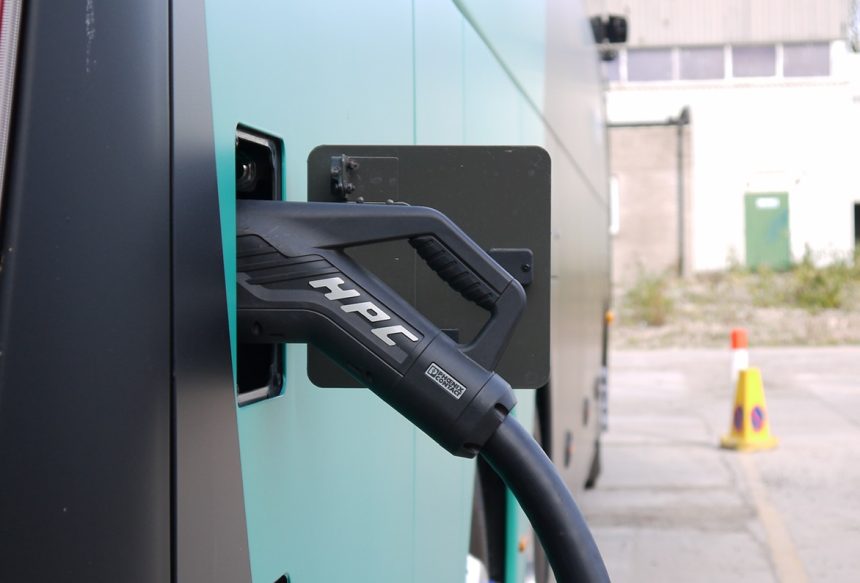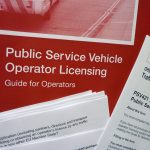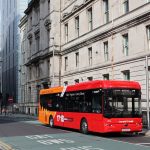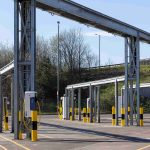Charging battery-electric coaches in London will likely lean on bus depot infrastructure, but facilities at other areas are vital, RHA Operations Manager – Coach Sector Andy Warrender told The Big Coach Conversation on 27 March.
Mr Warrender was speaking as part of a wider discussion around zero-emission in the coach sector. He notes that while the theoretical case for hydrogen in zero-emission coaches is strong, it is made difficult by the cost of that power source.
Transport for London (TfL) Zero-Emission Bus Development Manager Marina Garyfalou adds that while a trial fleet of hydrogen fuel cell-electric buses in the capital has been successful, getting hydrogen in place is difficult.
She thus sees little scope for it in coach or bus applications. However, TfL and its operator partners are “struggling quite a lot for power” to charge battery-electric buses with significant pressure on grid supply.
Ms Garyfalou gave a lukewarm response to suggestions that battery-electric coach charging could be developed at bus depots in London. It is not ruled out, but there is little further to say for now. However, it is understood that at least one trade body is currently speaking to TfL about how coach charging in those locations could be delivered.
In a further notable comment, she believes that repower of diesel coaches to battery-electric is a viable avenue for the sector. A seed conversion in that field by Equipmake began some time ago, and Ms Garyfalou says that coach repower could warrant further exploration.
On HVO as an alternative low-carbon drop-in fuel for diesel coaches, Mr Warrender acknowledges that it has a role to play but comes with “patchy” supply.
“It is not available at the roadside in the UK and so the question is how practical it is,” he continues. “We are now moving at pace towards zero-emission, which will reduce the scope for HVO. By the time infrastructure for HVO is ramped up, we will be into zero-emission by a long way.”



























